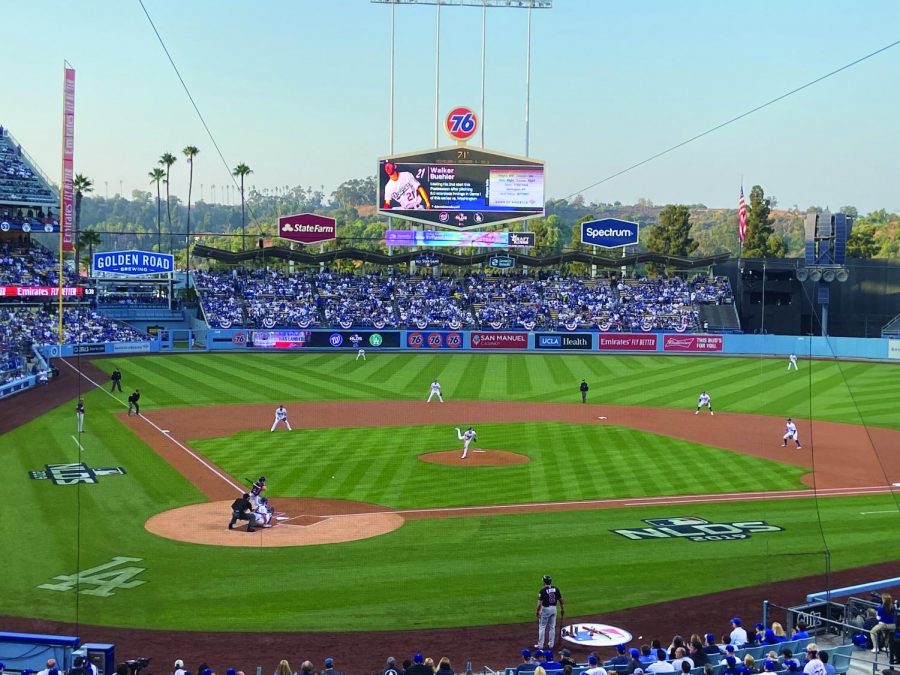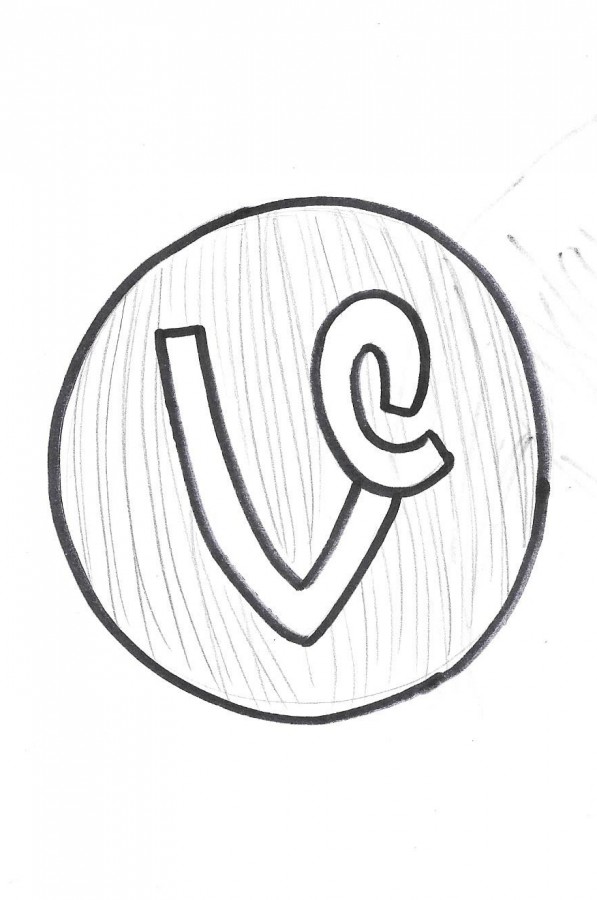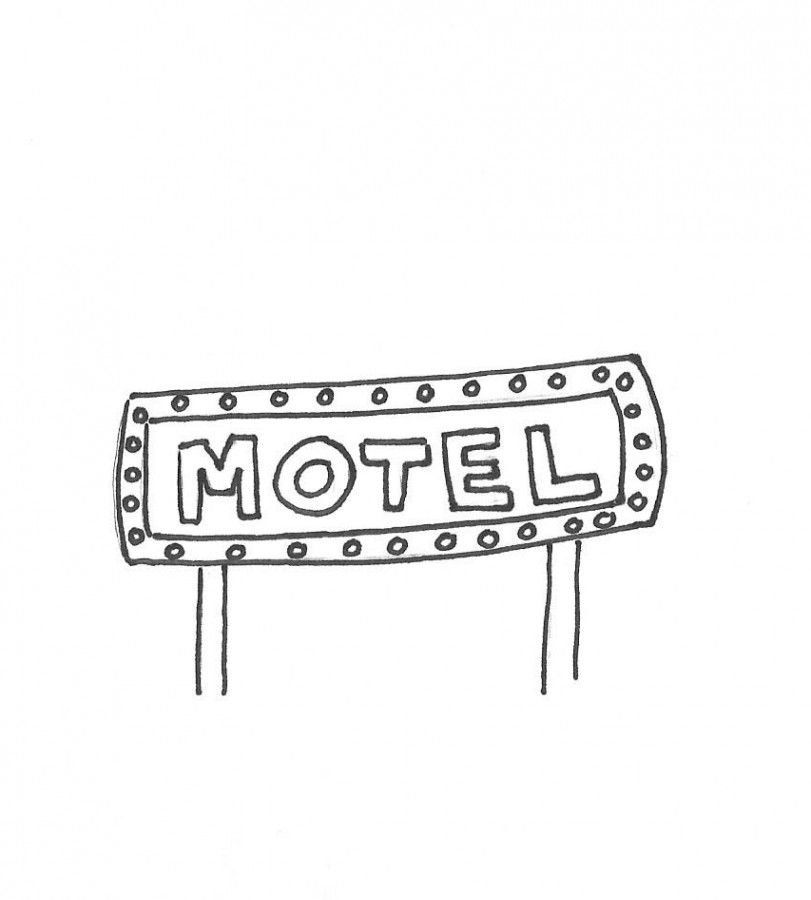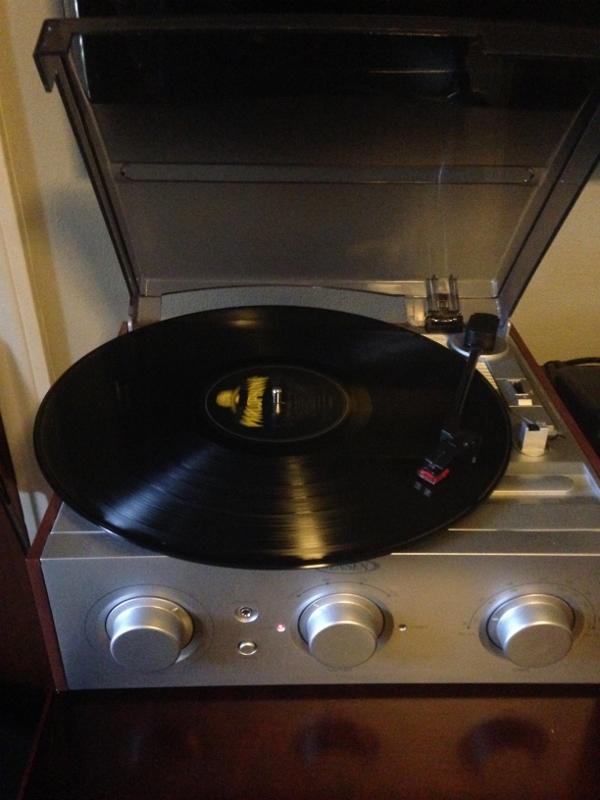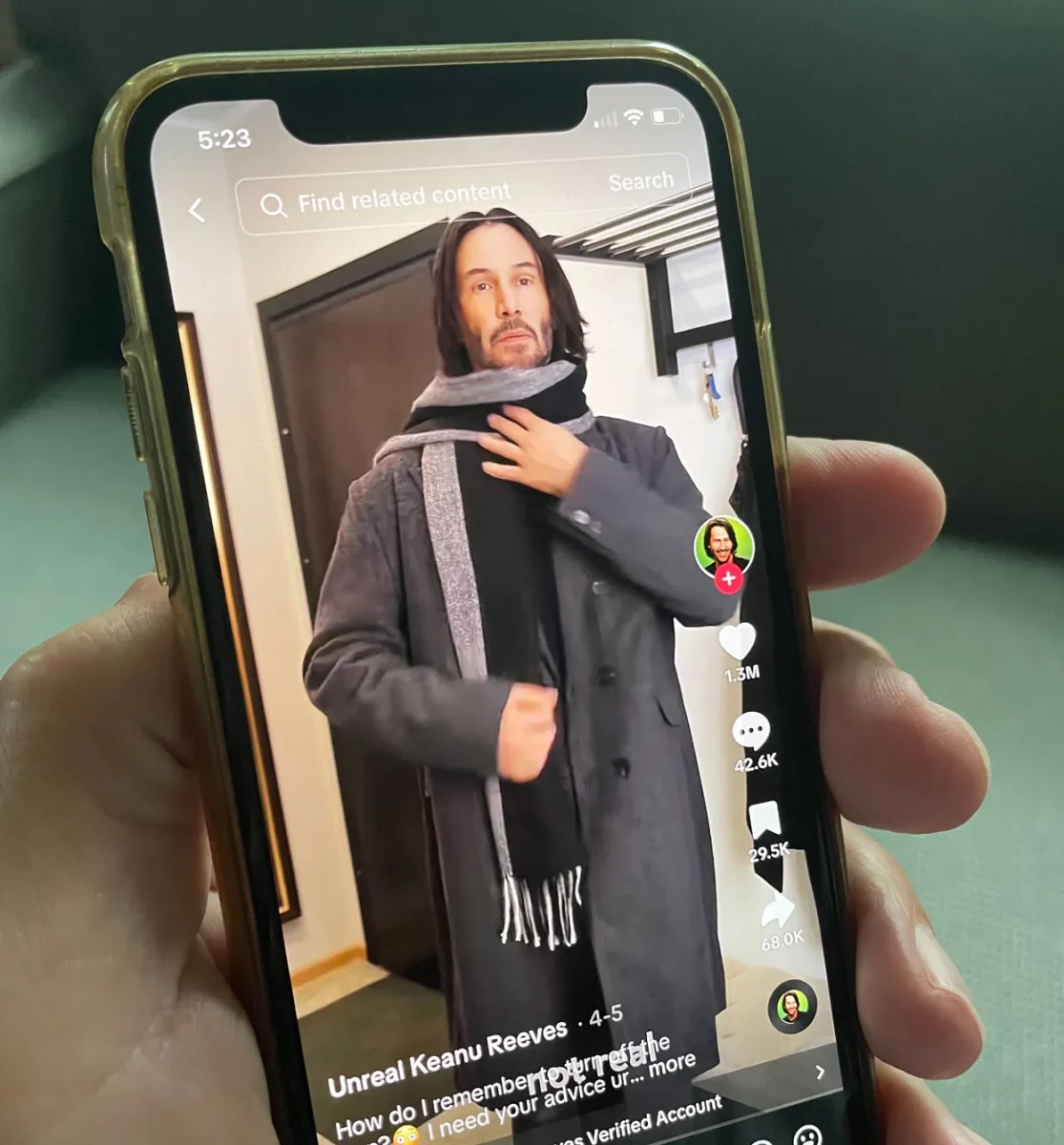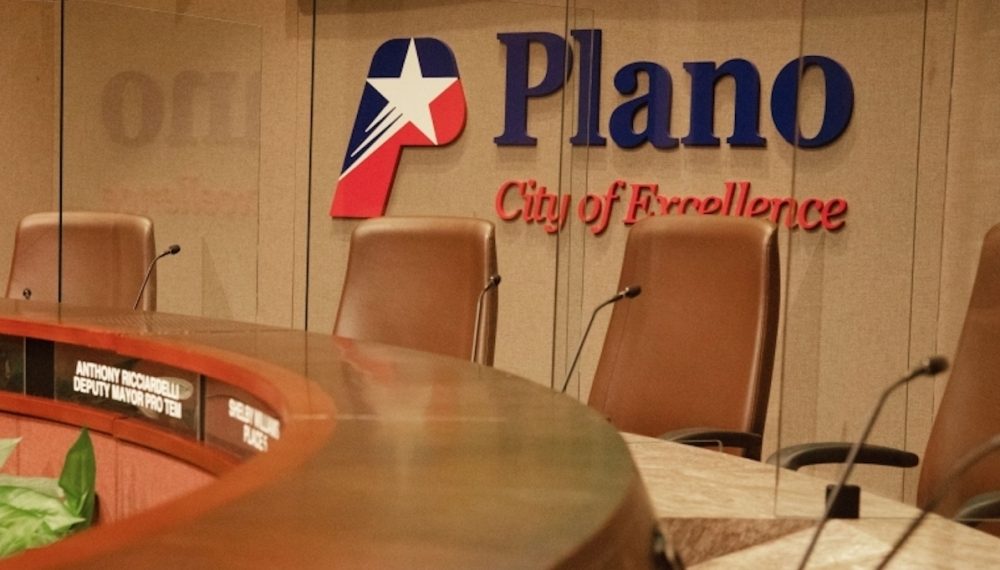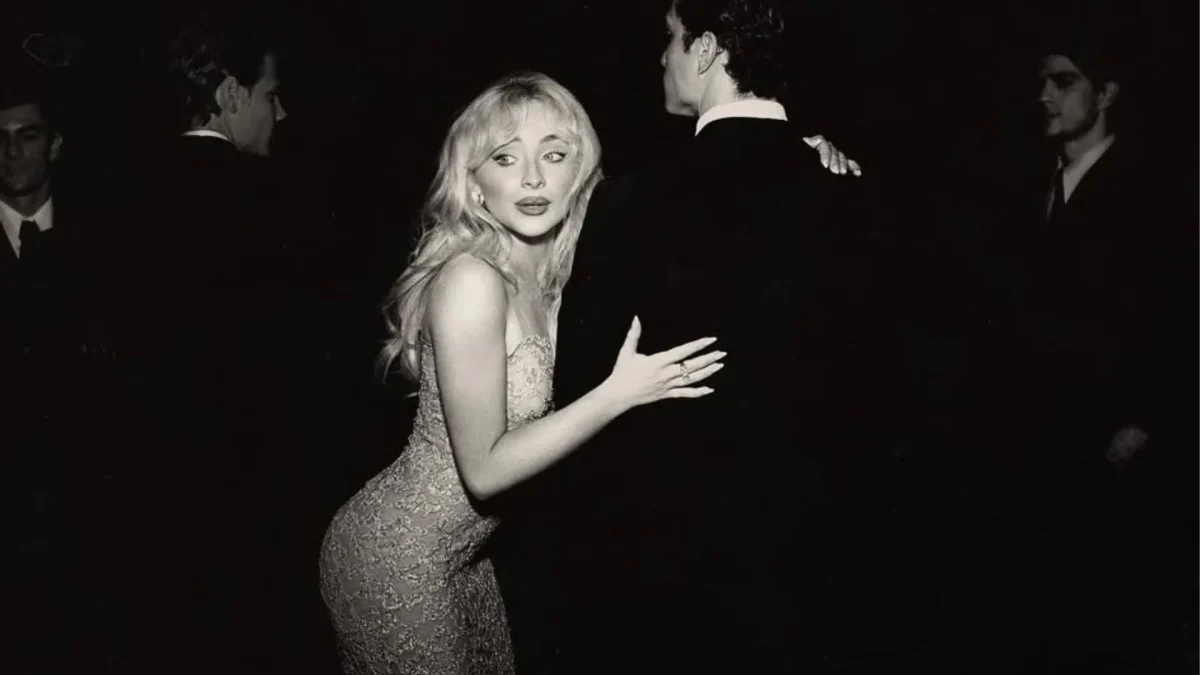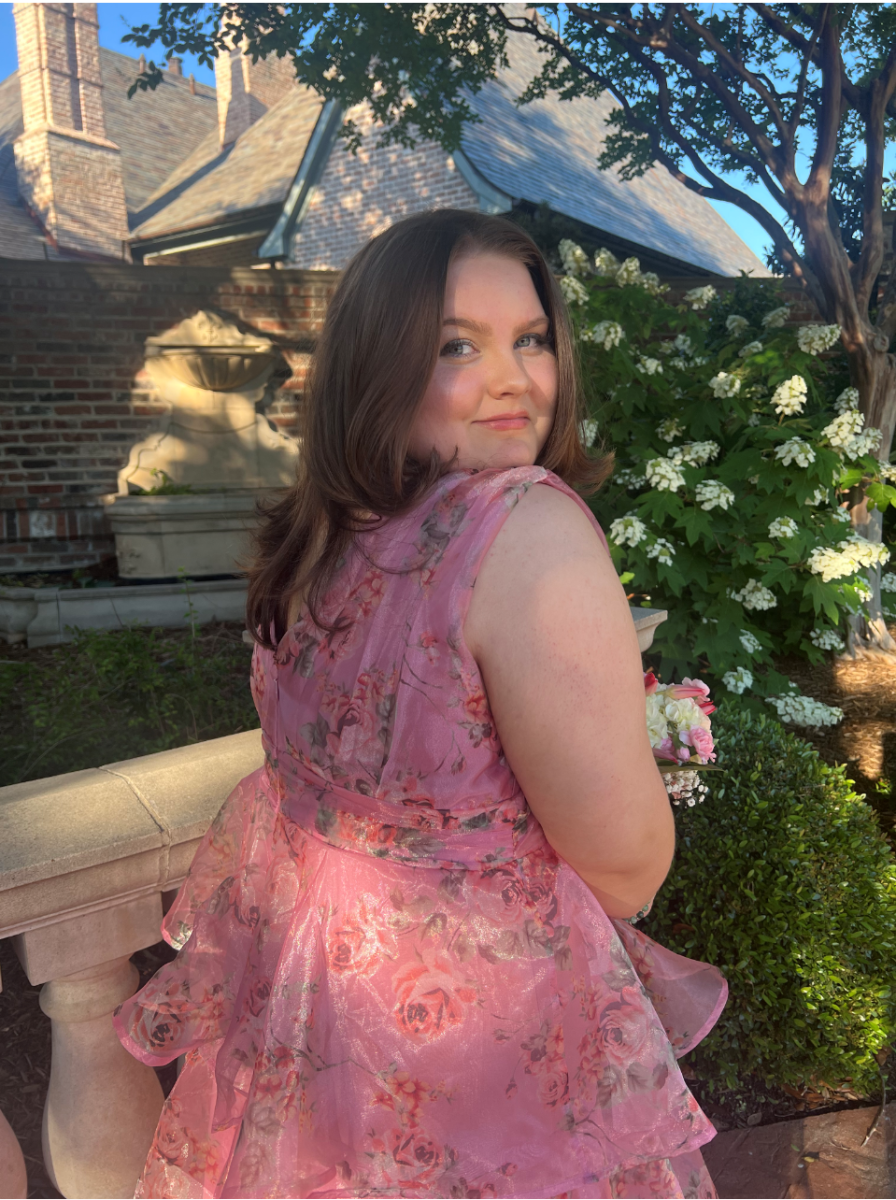There is a place on Harvest Hill that is home to many. They live in a brown brick building with many windows. It stands next to a neighborhood and looks as if it could just be any home. Inside there’s one long hallway with doors on each side that take you to each patient’s room.
The building is anything but warm and comforting as you walk down that narrow hallway, lit with blinding fluorescent lights. No one shuts their doors, so you get a peek of what’s going on in each room. But you never really want to peek.
The ones that aren’t confined to their beds roam the hallways, rolling methodically in their wheelchairs. The oldest resident whispers “Up and down, up and down, up and down.”
Harvest Hill is where the broken go to get fixed. Each day is the same in this place. They wake up at the same time, eat at the same time, sleep at the same time, take their bathroom breaks at the same time. Their lives are on repeat until they get well –if they get well.
At 5:00 on the dot each night nurses interrupt the patients for dinner. It doesn’t matter if they’re in the bathroom, if they’re sleeping, if they’re in the middle of reading, they have to go. They wheel the patients down the long hallway, past the elevator, past the conference room, past the nurse’s station, until you reach the ever uninviting “dining room”.
Families visit throughout the day. There are no official visiting hours, but dinner time is the most popular time to visit and check in. At this time, the turns from hideous and intoerable to beautiful.
There are tables set for four patients – no more, no less. Exactly four every time. Loved ones pull up chairs next to their ill family members as they eat their overcooked or undercooked but never just cooked meals.
The despised nurses go through their routine: place tray in front of patient, pour ice tea in every glass, arrange the patients into suitable eating positions, stand in the back and supervise. These women were identified by their daily uniform: blue scrubs, white shoes, hair pulled back and clipboards, and to these patients they were the enemy and because of their inability to follow simple requests, they were this to many families too. They are the ones that force the cold showers and ice baths, the ones that wake the patients up in the middle of their slumber for blood pressure, the ones that stick them with needles and poke and prod until it’s absolutely intolerable. Many patients had bruises occasionally lining their arms from their rough handlers.
At each table the patients begin to eat, some on their own some with the help of the nurses. Quinn, the widow, sits and talks at our table, she only ever speaks of her husband –how he was just here, repeatedly asking, “Where did he go?” with the saddest, most innocent fear in her eyes. She and shivers under her blanket, she is warm. Her nervous system has somehow malfunctioned to where she interprets pain as cold.
Katherine, who denies her name is Katherine and insists on Corinne, fiddles with her hands and stares at those around her suspiciously. Ever so often she stares at Mr. Wickham, a fellow patient, but in Katherine’s eyes he is her son. “Eat, little boy,” she scolds him. “Shouldersstraight. Don’t stare at people like that. Eat all your food, little boy.”
Mr. Wickham, who had anything but a firm grasp on reality, simply stares open-mouthed at Katherine whe ever she speaks. Gradually, he tunes her out and doesn’t even turn his head when her shrill voice scolds him, which only causes her to raise her voice even higher.
The table behind us seats the sleepers. I have only ever seen one of them awake barely 30 seconds later he had slipped into a sweet slumber again. Their meals sit untouched next to their heads which lie face down on the table.
The table next to theirs is home to the ladies. The ladies must sit together always. They insist on still wearing their daily makeup and doing their hair every morning. They have a special nurse come in to do their nails once a week. They are some of the few who choose to continue to wear everyday clothes instead of pajamas. Their daily routine is to sit there and argue. They are the best of friends but I will never understand how as, I’ve never seen them say a kind word to each other. As usual, the arguing begins with Emma refusing to trade her green beans for her spinach with Rosa.
There’s chaos in the dining room, but slowly there is a shift in the room. The snoring, whispering, scolding and arguing is silenced. It is a domino effect. One good deed leads to another and so on and so on. And slowly the chaos makes perfect sense. There is no disorder, they become a family.
Katherine adjusts Quinn’s blanket which has fallen off her shoulder. Rosie cuts her chocolate pie (a rarity) and slips a small piece to Gerald, the diabetic who has been denied sweet foods for 3 years except on occasion from Rosie. Julie stops the strange Korean dude from rolling in his wheelchair by shoving the brake down to keep him in place. Molly sneaks in coffee as subtly as she can, one cup a trip, to the sleepy patients, who slowly lifts their necks up. Amy steals a bowl of green beans from the cart and places it on the table with the petty ladies.
Suddenly, everyone is helping one another, fixing one another’s problems. Moments ago these very people were caught up in their own worlds, their own pain, but they have to put that aside to do what they can to comfort those around them. They put themselves second. They put differences, personalities, race and handicaps aside and choose to be as selfless as they can to those in need, as they themselves are just as much in need. They do not expect anything from their good deeds, they are not rewarded in any way for their helpful behavior. Some favors are never returned. But that’s okay, because these actions were from the heart. After watching the same miserable people day in and day out and watching nothing be done about it, these people started helping each other. So they selflessly take up the burden, these people who can barely fend for themselves, who cannot even live a live similar to ours any more, do more than we ever do for those around us. In this place the ill heal the ill, while around them, outside their walls, the healthy sicken the healthy.
There’s a place on Harvest Hill where the broken are fixed, though their injuries remain, their hearts are changed, their eyes are opened.

